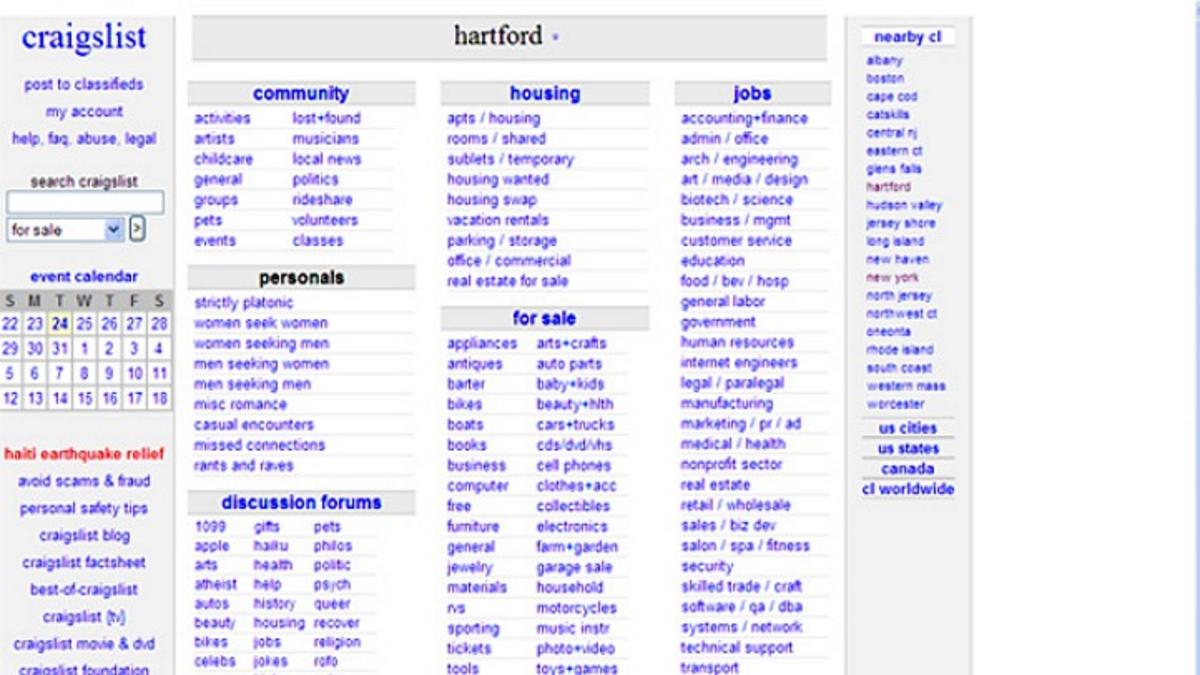Alligator backpage, a seemingly unusual search term, sparks curiosity and raises questions about its potential meanings and online implications. This phrase could refer to a variety of activities, ranging from legitimate uses to potentially illegal or unethical ones. Understanding the context behind such searches is crucial for addressing potential legal and ethical concerns, as well as for preventing misinterpretations.
The ambiguity of “alligator backpage” necessitates a thorough investigation into its various interpretations. This analysis will explore the potential online activities associated with the term, delve into the legal and ethical ramifications, and offer strategies for clarifying its meaning and addressing potential misunderstandings. We will also compare “alligator backpage” to similar terms to gain a broader understanding of its usage and context.
Understanding the Search Term “Alligator Backpage”
The search term “alligator backpage” is inherently ambiguous, lacking a clear, singular meaning. Its interpretation depends heavily on context and the user’s intent. Understanding this ambiguity requires examining potential meanings, contexts of use, and associated online activities.
Potential Meanings and Interpretations of “Alligator Backpage”
The phrase likely stems from the combination of “alligator,” a large reptile, and “backpage,” a term formerly associated with classified advertising websites, some of which hosted illicit content. The juxtaposition suggests several possibilities: a metaphorical use, a misspellings, or an attempt to obscure a search for illegal or adult content. It could be a deliberate obfuscation technique to evade search engine filters or law enforcement monitoring.
It may also represent a niche interest related to reptiles, perhaps focusing on alligator-related imagery or information found on older classifieds sites.
Contexts in Which “Alligator Backpage” Might Be Used
This phrase could appear in various contexts, each reflecting different intentions. These can be broadly categorized into accidental searches, deliberate obfuscation, and niche interests.
- Accidental Searches: A user might misspell a search term related to alligators or online classifieds, leading to this phrase.
- Deliberate Obfuscation: Individuals seeking illicit content might use this phrase to circumvent website filters or law enforcement monitoring.
- Niche Interests: A researcher studying the history of online classifieds or an enthusiast interested in unusual reptile imagery could use this term.
Examples of Scenarios Where This Phrase Could Appear
Several scenarios illustrate potential uses of the phrase:
- Scenario 1 (Accidental): A user intends to search for “alligator pictures” but accidentally types “alligator backpage.”
- Scenario 2 (Obfuscation): A user seeking adult content related to reptiles might use “alligator backpage” to avoid detection.
- Scenario 3 (Niche Interest): A researcher studying the evolution of online advertising might include this phrase in their search queries to identify historical examples.
Potential Online Activities Associated with “Alligator Backpage”
Online activities associated with “alligator backpage” are largely speculative, given the term’s ambiguity. However, based on the potential interpretations, several activities can be hypothesized.
Hypothetical Online Activities
The activities range from benign to potentially illegal. Motivations vary from accidental searches to deliberate attempts at evading detection.
- Accidental image searches: A user mis-types and lands on irrelevant results.
- Searches for illicit content: Users may attempt to bypass censorship.
- Academic research: Researchers may use it to analyze online trends and censorship techniques.
Hypothetical User Profile
A hypothetical user searching “alligator backpage” could be a person with varying levels of technological literacy, potentially seeking information on alligators, attempting to access prohibited content, or conducting academic research on internet censorship and illicit activities.
Do not overlook the opportunity to discover more about the subject of craigslistharrisburg.
Legal and Ethical Implications: Alligator Backpage
The legal and ethical implications of “alligator backpage” searches depend heavily on the user’s intent and the resulting online activity. The potential for illegal activity necessitates a careful consideration of legal and ethical ramifications.
Legal and Ethical Implications Table

| Interpretation | Legal Ramifications | Ethical Concerns |
|---|---|---|
| Accidental misspelling | None | None |
| Seeking illicit content | Potential violation of obscenity laws, child pornography laws, etc. | Violation of privacy, potential harm to individuals depicted in illegal content. |
| Academic research | Potential legal issues if accessing illegal content without proper authorization. | Ethical considerations regarding the responsible use of potentially sensitive data. |
Visual Representation of Search Term Usage
A hypothetical bar chart could illustrate the frequency of “alligator backpage” searches across different search engines and platforms. The x-axis would represent the platform (e.g., Google, Bing, DuckDuckGo), and the y-axis would represent the search frequency. Data points would reflect estimated search volume. This visualization would help in understanding the term’s prevalence and distribution across different platforms, informing strategies for addressing potential issues.
A higher frequency on platforms known for less strict content moderation would suggest deliberate obfuscation attempts.
Addressing Potential Misinterpretations
Several strategies can help clarify the meaning and intent behind searches using “alligator backpage.”
- Improved search engine algorithms to detect and filter obfuscated searches.
- Educational campaigns to raise awareness about the risks of accessing illicit content online.
- Development of more robust content moderation techniques.
Comparative Analysis with Similar Terms
Several terms might yield similar search results. Comparing them helps understand the broader context of “alligator backpage.”
Comparative Table
| Term | Potential Meaning | Context | Associated Activities |
|---|---|---|---|
| Alligator backpage | Ambiguous; potentially illicit content, accidental misspelling, niche interest | Various online platforms | Image searches, access to illicit content, academic research |
| Lizard backpage | Similar to “alligator backpage,” suggesting illicit content related to reptiles | Similar to “alligator backpage” | Similar to “alligator backpage” |
| Reptile classifieds | Legitimate classifieds related to reptiles | Online marketplaces | Buying/selling reptiles, finding reptile-related services |
The term “alligator backpage” presents a complex puzzle, requiring careful consideration of its potential meanings and implications. While seemingly innocuous on the surface, the term’s ambiguity necessitates a multifaceted approach to understanding its usage and context. By examining the potential online activities, legal and ethical concerns, and potential misinterpretations, we can develop strategies to mitigate risks and promote responsible online behavior.
Further research and ongoing monitoring are needed to fully grasp the evolving nature of this and similar search terms.



